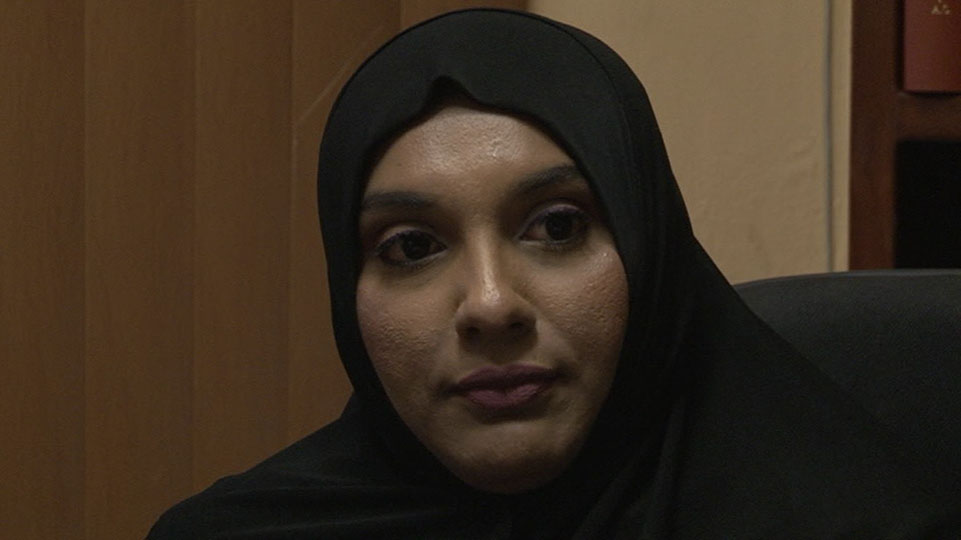(Trinidad Guardian) A Muslim Special Reserve Police (SRP), who successfully challenged the T&T Police Service (TTPS) policy banning female officers from wearing hijabs while on duty, has been awarded $185,000 in compensation.
Although High Court Judge Margaret Mohammed upheld Sharon Roop’s constitutional motion lawsuit in November last year, she only assessed the compensation owed to her during a hearing at the Hall of Justice in Port-of-Spain,. In a 51-page ruling, Mohammed ruled that Roop, of Edinburgh 500, Chaguanas, was entitled to $125,000 in general and aggravated damages for the emotional distress, pain, and anguish she suffered while being subject to the TTPS’s now discriminatory policy.
In assessing the compensation, Mohammed considered five instances where Roop claimed the application of the policy caused her distress.
Roop, who has been an SRP since 2009, began wearing a hijab after she started to actively practice her religion in 2014.
The first instance was when Roop attempted to get assistance from the Women’s Police Bureau to advocate for her right to wear her hijab but was turned away and told she could be prosecuted for breaching the TTPS’s uniform policy.
The second came on March 8, 2016, when Roop was asked to attend International Women’s Day celebrations at the Chaguanas Police Station. Roop, who was off-duty, wore business attire and her hijab but was told by a senior officer that she could not participate as she dressed inappropriately.
Later that day, Roop was approached by another senior officer who threatened to institute disciplinary proceedings against her for wearing the hijab.
Several months later, Roop was approached by another senior officer who suggested that he may have to transfer her from the division’s wireless room as the TTPS was combating gangs in central Trinidad with alleged Islamic links.
The last discriminatory incident occurred in December 2017 when former police commissioner Stephen Williams stated, in his witness statement in the case, that the TTPS accommodated Christian officers who wished to wear crosses and rosaries and Hindu officers, who wear raksha sutra strings.
“The TTPS was therefore tolerant towards other religions to some extent, despite its stand of religious neutrality which it took in this matter,” Mohammed said, as she described Williams’ stance as insensitive and careless.
Mohammed also took issue with the fact that Williams took over two years to respond to Roop’s request, which was first made in 2015.
“In my opinion, this lack of courtesy by the Commissioner of Police demonstrated that he showed absolutely no appreciation to the gravity of the request made by the Claimant and the importance of this sensitive matter given the fundamental rights provision of the Constitution,” Mohammed said.
Mohammed also rejected the State’s challenge against awarding vindicatory damages for breaching Roop’s constitutional right to freedom of religious belief and observance. She ordered that the State pay an additional $60,000 in compensation.
Quoting the national anthem, Mohammed said: “These are not words which persons who live, work and conduct business in this Republic are to pay mere lip service to. They are words which are to remind the people of T&T on a daily basis of the type of society which citizens are to continue to strive to maintain.”
As part of the judgement, Mohammed ordered the State to pay Roop’s legal costs for bringing the lawsuit. However, Mohammed adjourned her assessment of the legal costs to March, next year.
Roop was represented by Anand Ramlogan, SC, Alvin Pariagsingh, Jayanti Lutchmedial, and Che Dindial. Tinuke Gibbons-Glenn, Stefan Jaikaran, Candice Alexander, and Svetlana Dass represented the Office of the Attorney General.









